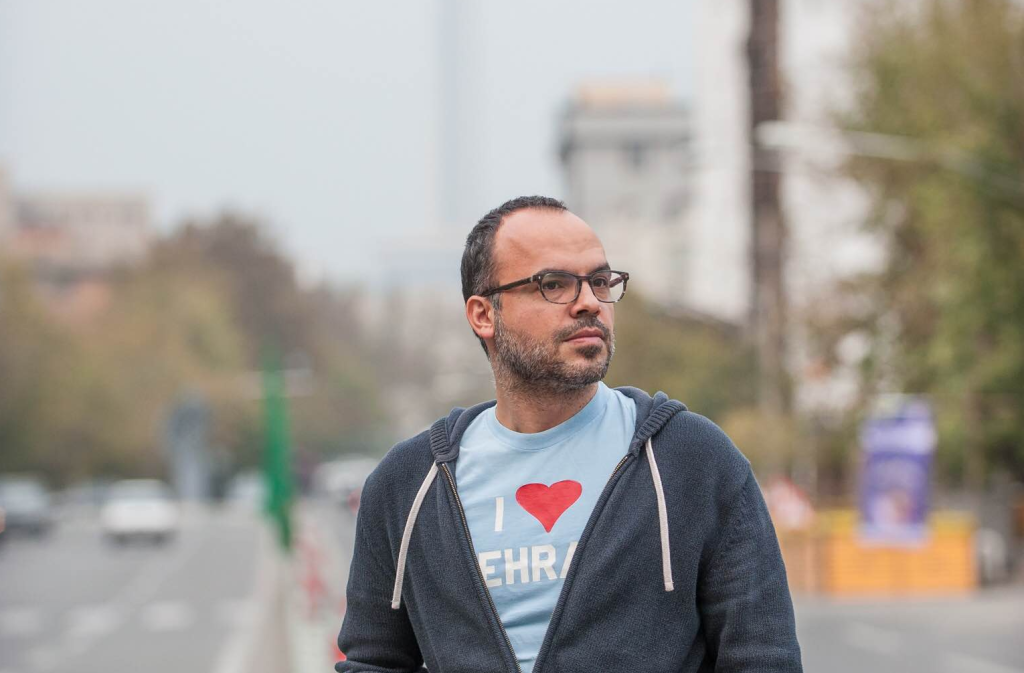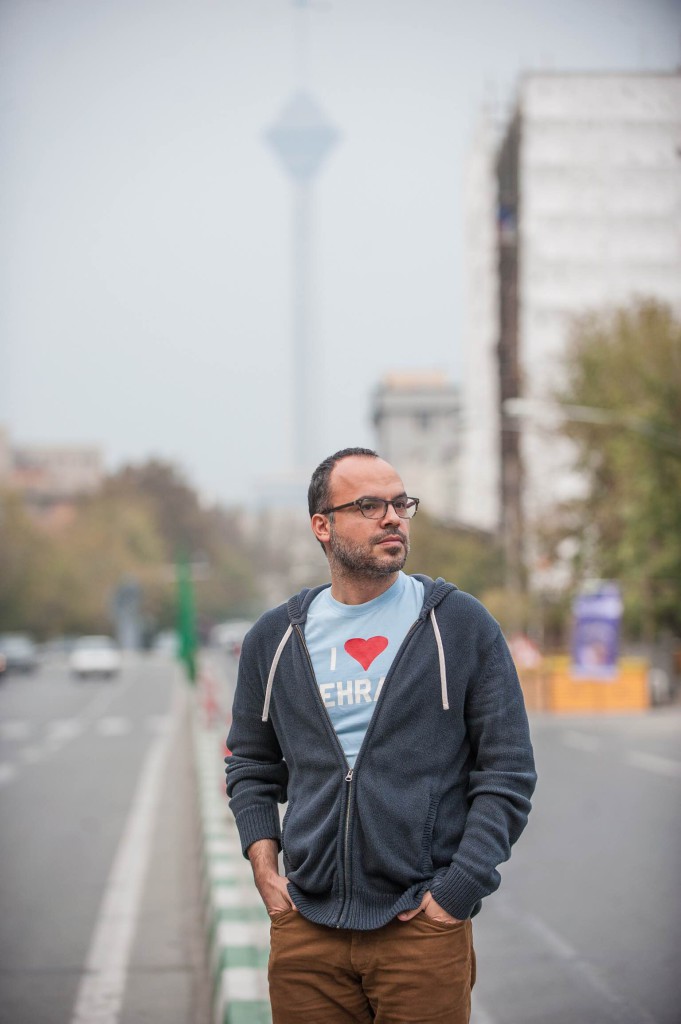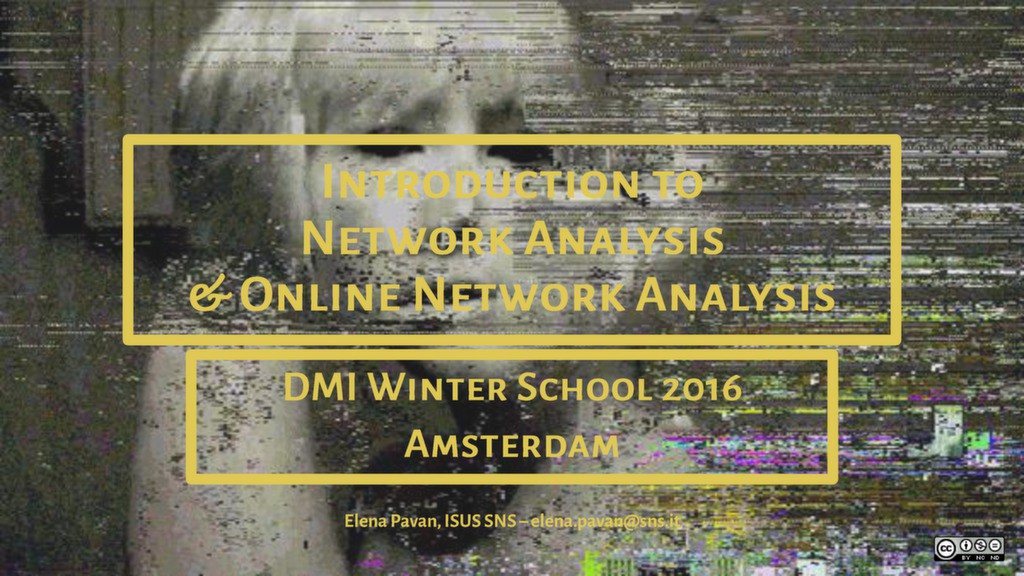Save the date! On Tuesday 19 September from 3 until 5 pm, room 0.16 (BG1) we will host the first of this year’s DATACTIVE Speakers Series. This time we team up with the rMA and Thomas Poell for a session on digital vigilantism and data activism. We have invited Daniel Trottier (EUR) and our own Lonneke van der Velden (UvA) to share their thoughts. You can find the abstracts of their talks below.
Digital vigilantism – Daniel Trottier
Digital media enable citizens to hold fellow citizens accountable, often resulting in shaming and harassment. This project examines digital vigilantism (DV) in a global context. DV is a process where citizens are collectively offended by other citizen activity, and respond through coordinated retaliation on digital media, including mobile devices and social media platforms. The offending acts range from mild breaches of social protocol to terrorist acts and participation in riots. In addition to shaming the targeted individual, participants may also share additional information about the target, resulting in a harmful and lasting mediated visibility.
Digital vigilantism is an interdisciplinary concern that requires both conceptual and empirical advancement. Drawing upon existing research on digital media cultures, online policing and surveillance, this five-year project considers the cultural factors surrounding DV, in contradistinction to embodied vigilantism. It also considers the social impact on the various actors involved, as well as how this complicates conventional policing and state power. While online shaming and coordination can transcend borders, this project will remain attentive to national contexts in the Netherlands, the United Kingdom, China and Russia. This project will develop a theoretical framework that advances the frontier of knowledge of DV in relation to key disciplines and interdisciplinary fields. Next, the research will deliver a comprehensive analysis of news media as well as other sources of public discourse that render DV meaningful. This will be followed by an account of DV from the perspectives of those who encountered or contributed to it in a personal or professional context. These theoretical and empirical findings will inform a conceptually rigorous and nuanced understanding of the motivations and practices that surround DV, alongside recommendations for key stakeholders.
OSINT and data activism – Lonneke van der Velden
This presentation discusses instances of Open Source Intelligence in the context of “data activism”. As datafication progressively invades all spheres of contemporary society, citizens grow increasingly aware of the critical role of information as the new fabric of social life. This awareness triggers new forms of civic engagement and political action. “Data activism” indicates the range of sociotechnical practices that interrogate the fundamental paradigm shift brought about by datafication. This includes ways of affirmative engagement with data (“proactive data activism”, e.g. data-based advocacy) and tactics of resistance to massive data collection (“reactive data activism”, e.g. encryption practices), understood as a continuum along which activists position and reposition themselves and their tactics.




